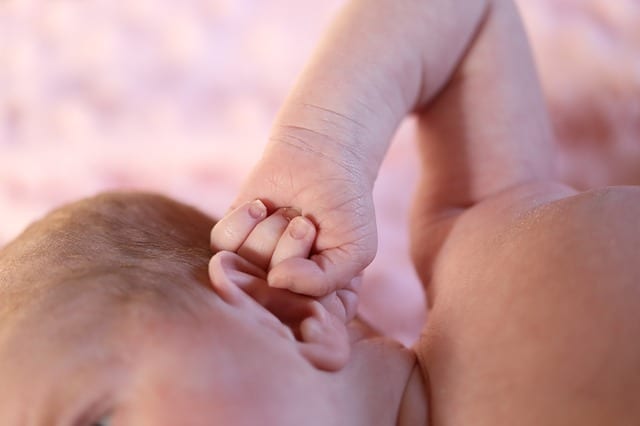Discovering hearing loss in a child may come as a shock. However, it is not as uncommon as you might think. Compared to 20 years ago, 15% more kids experience issues with hearing. Additionally, 20% of children in the U.S. aged 6 to 19 have permanent hearing loss.
In order to make a proper diagnosis, it is important to recognize the symptoms and causes. For instance, if your child does not respond to your instructions or jokes, he or she might have trouble hearing. Additionally, playing music at a higher volume could suggest more than teenage rebellion.
One possible cause of hearing loss is an infection in the ear. Otitis media, a condition frequently diagnosed in infants and young children, inflames the area behind the eardrum. Although it is a common and temporary condition, the consequences can sometimes lead to permanent damage to the eardrum, ear bones and the hearing nerve.
Beyond ear infections or blockages, other factors may stress hearing, such as genetics or allergies. Certain medications, complications during pregnancy or prolonged exposure to loud noises can impact a child’s auditory development.
Understand that the negative consequences of hearing loss can extend beyond childhood. Kids don’t often report the issue because it is not always an obvious impairment. Someone who can’t hear speech correctly but can detect sounds far away could be suffering from high-frequency hearing loss. Alternatively, people with a low-frequency complication often have trouble detecting noises from a distance.
When hearing abilities diminish early on, it can sometimes create speech impediments and other language problems that might last into adulthood. Silence can speak volumes. If your child is not expressive about a hearing problem, use our infographic as a guide to recognize the causes, symptoms and preventative measures to help avoid lifelong damage.
 Guide created by e3 Diagnostics
Guide created by e3 Diagnostics











